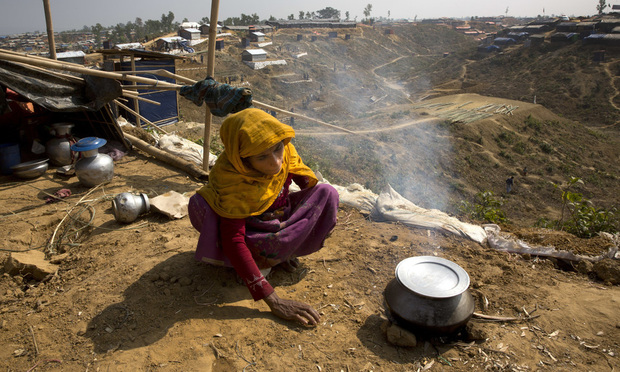As a human rights lawyer, I’ve interviewed thousands of women displaced by war, violence and natural disaster. The common thread running through these interviews is gender-based violence. As I’ve watched the #MeToo movement gain momentum as a symbol of women’s empowerment, I’ve asked myself what it has to do with refugee women? Not much, I’m afraid. If you ask a displaced woman about #MeToo, she probably won’t know what it is. Why should she be excluded? If now is the time to empower women, shouldn’t the #MeToo movement include her too?
You know without my telling you that refugee women are exploited in the labor market. Many work as domestic servants. Last month, a Syrian woman in Jordan told me her employer demanded sex from her. When she refused, he accused her of stealing from him and threatened to have her arrested. She didn’t report him because the imbalance of power was too great. An Iraqi refugee told me a wealthy man offered her work. For twelve hours a day she cleaned his house, cooked for him and did his laundry. On the last day of the week, he told her she hadn’t done a good job and he refused to pay her. She didn’t report the crime. The risk of working without documents is deportation.


 In this Saturday, Jan. 13, 2018, photo, a newly arrived Rohingya woman makes rice for her family at Balukhali refugee camp near Cox’s Bazar, Bangladesh.
In this Saturday, Jan. 13, 2018, photo, a newly arrived Rohingya woman makes rice for her family at Balukhali refugee camp near Cox’s Bazar, Bangladesh.




